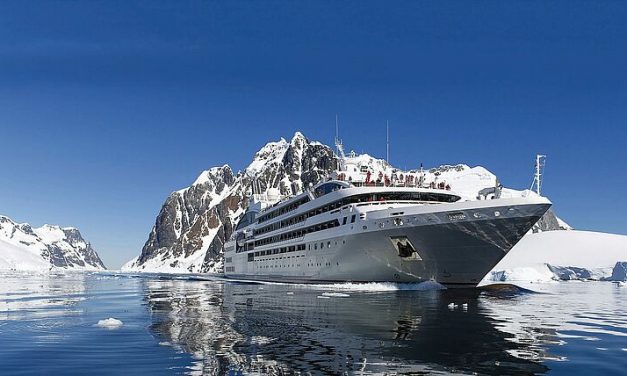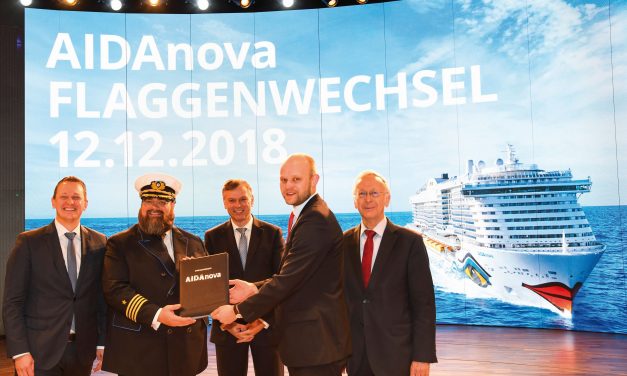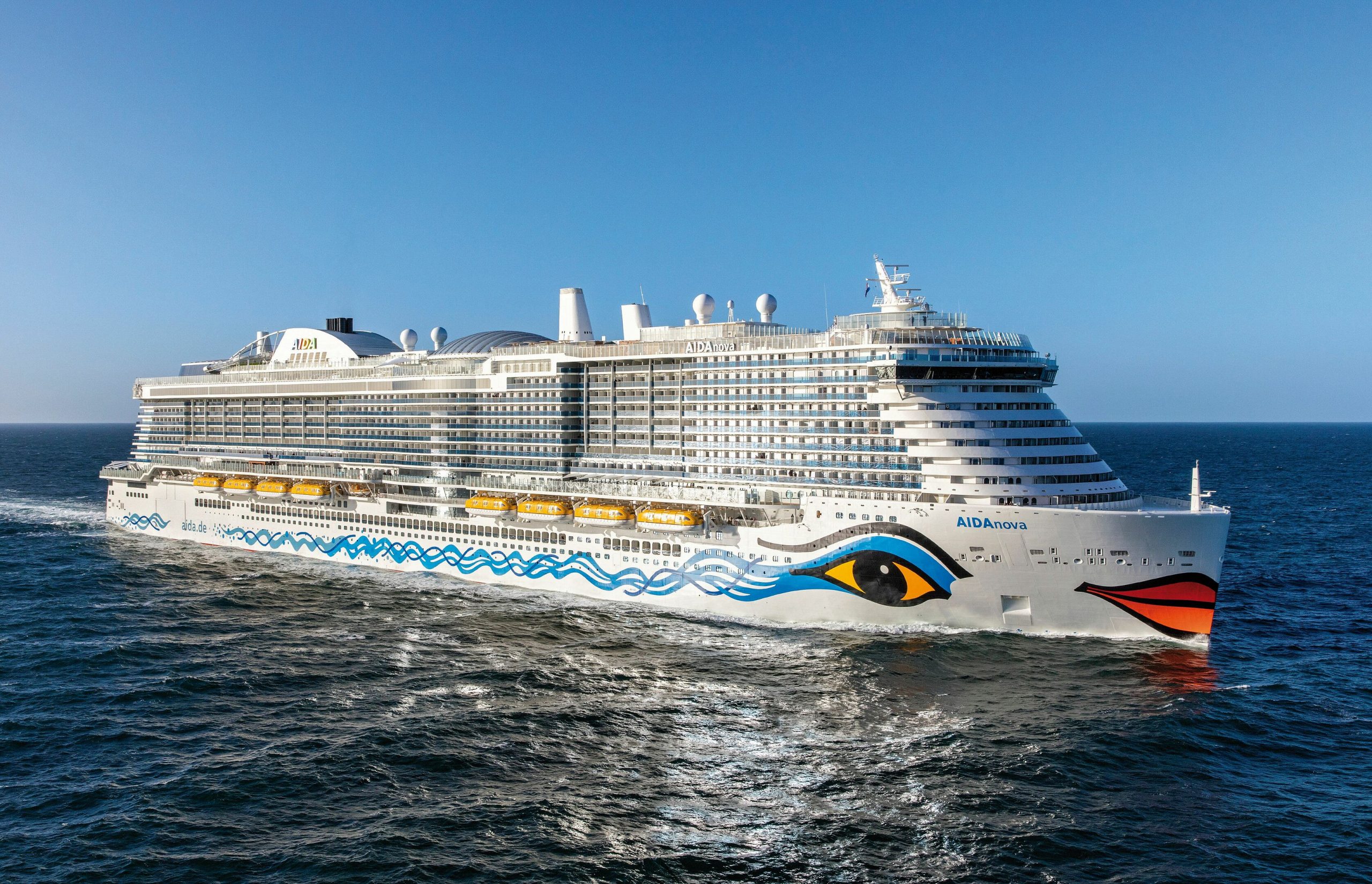Added value. “Event agencies don’t have much idea about anything nautical. As an agency for events on the water, we handle the nautical part and act as the event manager on board,” says Felix Eisenhardt. The Managing Director of the “seminar ship” exceeded expectations by some distance in the ship’s first season in 2018 and is offering 360 sqm of space all year round from 2019. The 200 sqm upper deck now has heating and can be used in the winter as well thanks to a transparent canopy.
On 30 January 2019 the Berlin startup Witnet Foundation celebrated a kick-off party here with 300 guests. “Our on-board meeting packages are similar to those for hotels, except that guests get to enjoy a sense of calm on the water. When anchor piles are used, it’s like being on an island, promoting a strong sense of togetherness,” obser‧ves Eisenhardt. The seminar ship can be booked anywhere in Germany and at its home berth in Alt-Moabit can also be used as a stationary venue. Solar energy and the brand new “rescue app” for the sale of catering leftovers won the seminar ship an IMEX wildcard in 2019. It is also the very first passenger ship to become a “sustainable partner” of the Berlin Convention Office.
Sustainability is a big challenge, particularly for ocean-going vessels. While the new Aida Nova runs on liquid petroleum gas (LPG), TUI Cruises has managed to reduce by a third the fuel consumption of its ships, of which it currently has six. It also uses an exhaust after-treatment system and launched a programme called Wasteless that will eliminate disposable plastic products by 2020. The ships coming into service in 2024 and 2026 will use LPG. The shipping company’s sustainability strategy won it the myclimate award in 2018.
The Charter and Incentives department puts on successful events for up to 2,500 people on board TUI Cruises ships. 12 full-charter trips and 40 corporate events have taken place so far. Conferences such as the IFU Institut’s tax conference have also been hosted on board the Mein Schiff.
“We have an exclusive conference deck with trained staff who take care of all the organisation,” reports Jens Meyer-Bosse, Head of Sales at the Norwegian Color Line. He points out that the conference rooms can be inspected during berthing times in Kiel (see page 64). Color Line currently has a fleet of 6 cruise ships and ferries and can handle groups of up to 500 on the Color Magic or the Color Fantasy between Kiel and Oslo. Overnight stays in Oslo can be booked on request. “The bottom line was that the Color Line represented a genuine alternative to the usual conference hotels,” says one event planner, from cookware company Fissler.
“New since the end of 2018 are the ready-made meeting packages offering the customer a selection of five products,” reports Meyer-Bosse. At the end of October 2018, work began at the quayside in Kiel on a shore-side electricity plant that will enable the ships to be emission free during berthing times. Color Line is underscoring its commitment to sustainability with the launch of the Color Hybrid, which can hold 2,000 passengers and 500 cars. This innovative ship will be able to recharge its batteries from its own generators.
The Meeting Place has sharpened the profile of Royal Caribbean’s new Cele‧brity Edge ships since its introduction in the winter of 2018. With its sound-proof partitions, the 183 sqm Meeting Place offers flexible seating configurations and modern technology such as 98- and 75-inch LED screens. The self-supporting “Magic Carpet” platform provides a revolutionary sense of space on the ship’s starboard side. Measuring 33.5 by 6 metres, it can be lowered from deck 16 right down to the level of the water and be used as an event space. Its versatility means there is no question of the kind of dead space that often occurs when ships’ auditoriums go unused during the daytime.
OceanEvent is a company with an innovative strategy, chartering cruise ships exclusively and promoting itself as carbon neutral since 2018. “We calculate the routing ourselves for all the cruise ships we charter. We keep the speed as low as possible to minimise emissions and provide passengers with a relaxing cruise,” says Andrea Mühleck. The carbon emitted as a result of operational activities and charters is offset through the purchase of climate-protection certificates.
“In practice, the certificates enable us to support a wind park in India, which cuts carbon emissions by 52,898 t a year, and the Guanare Forest Plantation project in Uruguay. Forests are planted, saving 127,416 t of CO2 a year are saved, forest clearance is prevented, and eco-tourism is promoted,” explains Mühleck. She is pleased to see that carbon neutrality is now not just something that providers focus on; clients are beginning to ask about it when booking. The new cruise ships coming into service up to 2026 will be state of the art in terms of emissions, drive technology, waste avoidance and heat recovery. Implementation of environmentally friendly concepts will also become the norm with older ships.
- F.l.t.r.: Aida Cruises President Felix Eichhorn, Captain Boris Becker, Costa CEO Michael Thamm, Tim and Bernhard Meyer from Meyer Werft, Photo: Meyer Werft/Scheschonka
- The new Aida Nova, powered by liquefied natural gas, was handed over in December 2018. Photo: Aida Cruises
























